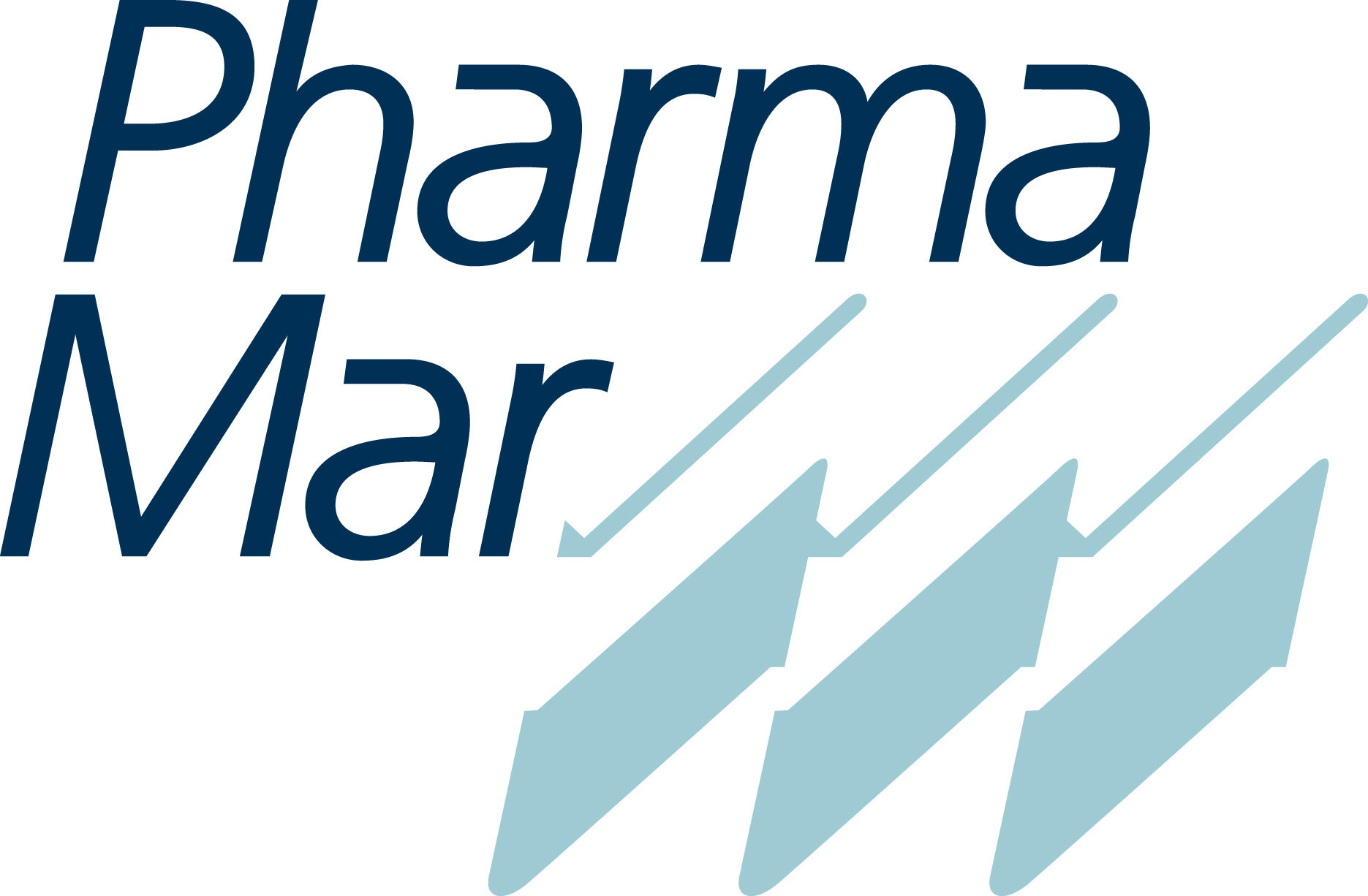- The ORR was 35.2% and the median Overall Survival (OS) was 9.3 months.
- Lurbinectedin's activity is encouraging in sensitive patients (CTFI≥90) with an ORR of 45% and a median OS of 11.9 months.
- Also noteworthy is the activity demonstrated by lurbinectedin in resistant patients (CTFI<90), for whom there is no approved product on the market, with an ORR of 22.2% and a median OS of 5 months.
- Lurbinectedin has been seen to have a favorable and manageable safety.

MADRID, June 1, 2019 /PRNewswire/ -- The results of PharmaMar's (MSE: PHM) Phase II study with lurbinectedin as a single agent for the treatment of relapsed small cell lung cancer were presented today to the American Society of Clinical Oncology (ASCO) conference, which is currently being held in Chicago. The results of this trial, which achieved its primary endpoint, have been presented orally by Dr. Luis Paz-Ares, Head of the Oncology Department at the Hospital Universitario 12 de Octubre in Madrid and lead author of the study.
In his presentation entitled "Efficacy and safety profile of lurbinectedin in second-line SCLC patients: Results from a phase II single-agent trial", Dr.Paz-Ares updated the data from the lurbinectedin study, where an ORR of 35.2% in the total population, 45% in patients with sensitive disease (CTFI≥90 days, i.e., those who have suffered a relapse of the disease in a period greater than or equal to 90 days) and 22.2% in patients with resistant disease (CTFI<90 days, i.e., those patients who have suffered a relapse of the disease in a period less than 90 days) has been seen.
"Lurbinectedin is showing to be a new potential treatment alternative for second-line small cell lung cancer, where, until now, no progress has been made for more than two decades," says Dr. Luis Paz-Ares.
Additional Study Results
- The Disease Control Rate (DCR) was 68.6% in the overall population, 81.7% in sensitive patients and 51.1% in resistant patients.
- The median Duration of Response (DOR) was 5.3 months in the overall population, 6.2 months in sensitive patients and 4.7 months in resistant patients.
- The median Progression Free Survival (PFS) was 3.9 months in the overall population, 4.6 months in sensitive patients, and 2.6 months in resistant patients.
- The median OS was 9.3 months in the overall population, 11.9 months in sensitive patients, and 5.0 months in resistant patients.
"Having been chosen to present positive results at ASCO is an honor for any pharmaceutical company. These results demonstrate that lurbinectedin is a strong candidate to become a therapeutic alternative for patients with small cell lung cancer, a large unmet medical need," explains José María Fernández, President of PharmaMar.
In terms of product safety, lurbinectedin has shown a favorable and manageable safety profile. The most common treatment-related adverse effects have been neutropenia, nausea or vomiting, and fatigue.
Grade 3-4 neutropenia occurred in 22.9% of cases, grade 3-4 febrile neutropenia in only 4.8%, grade 3-4 anemia in 6.7%, and grade 3-4 thrombocytopenia in 4.8%.
By way of reference, the data provided for lurbinectedin compares favorably (non head-to-head) to the data included in the topotecan FDA label1, the last molecule approved for second-line treatment, in 1996. The topotecan arm saw an ORR of 24%, [median] PFS of 3.9 months and median OS of 5.8 months was seen. In terms of safety, topotecan showed grade 4 neutropenia in 70% of the patients, grade 3-4 febrile neutropenia in 28% and grade 3-4 anemia in 42%. The difference between the results of both these molecules, although not having comparable face-to-face studies, speaks of the potential of lurbinectedin as a potential new alternative treatment for second-line small cell lung cancer.
The single-agent lurbinectedin study is a single-arm, Phase II, multicenter trial, involving 105 patients recruited from 39 centers in 9 countries in Western Europealong with the USA, studying the safety and efficacy of lurbinectedin in second line treatment of small cell lung cancer.
